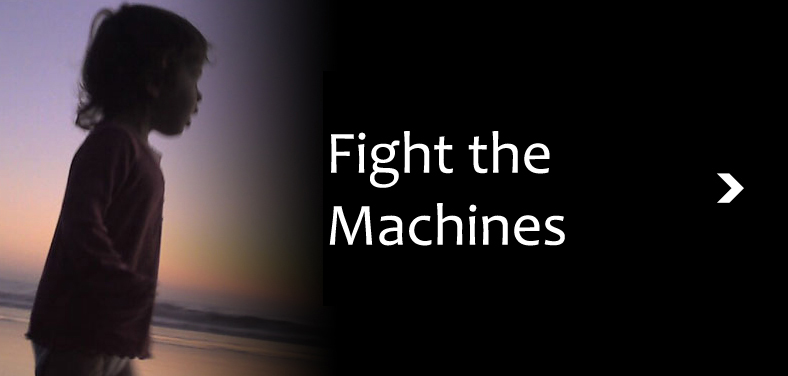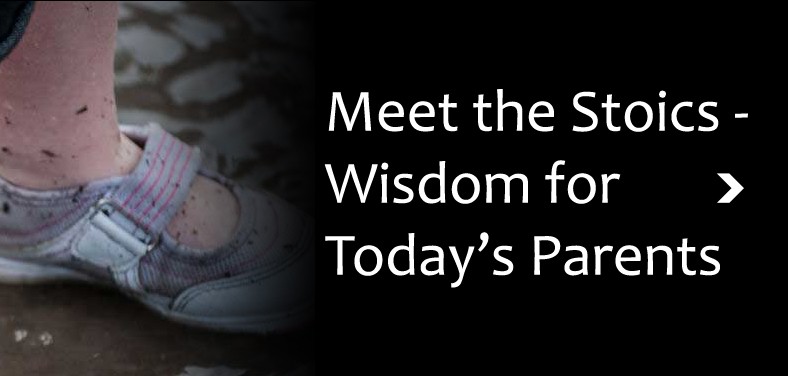Fathers need to have time alone with their children – it’s good for dad, and mom gets a break – but first, how is it for the kid?
Frank Pedersen studied firstborns and found that a father and his infant develop an enhanced relationship through interactions that occur between the two of them in the absence of the mother. Infants who have time alone with dad show richer social and exploratory behavior than children not exposed to such experiences. Overall, writes Pedersen, “more extensive experience between father and infant in the absence of the mother promoted more positive interactional patterns for both partners.” (That means better relationships – for both!)
Links have been found between the quality of father-child interactions and a child’s later development of certain life skills, including an ability to manage frustration, a willingness to explore new things and activities, and persistence in problem solving.
The benefits of time alone with dad are well-documented – not only do the children benefit, but the foundation of the father/child relationship thus built is such a source of strength for all. For example, a German study showed that dads who played with their two year olds in sensitive, supportive, and challenging ways had stronger relationships with the same kids between the ages of 10 and 16. (And as a parent of a teen, I can tell you …. that’s invaluable!)
If you need to read studies, you got yer Google, but here are a few things to keep in mind:
- It’s not the quantity of “Dad Time” – it’s the quality. Sitting next to the kid with your phone doesn’t count. However, a good serve-and-response “session” each day, even brief, can mean the world.
- It helps the kid. Experts say these benefits include children learning how to “read” their father’s emotions via his facial expressions, tone of voice, and other nonverbal cues, and respond accordingly. Plus, children learn how to clearly communicate their own emotions, and to “listen” to their own emotional state.
- It helps the dad. It’s not just anecdotal that becoming a dad can change a man – for the better – and that with the challenges and the burdens can come joy and strength and happiness previously unimagined.
- It helps the father-child relationship – Dad Time builds a foundation under the relationship that can serve both father and child well through the inevitable challenges to come – teenagerhood, diminished capacity in the adult, changing circumstances. For the child, the relationship is simply “always there.” For the father, as well as the trust and good will, many of the specific techniques that work with infants and toddlers are also effective with older children.
- It’s good for mom to get a break – even if she goes “off the clock” by slipping into the bathtub for an hour. “Mom is taking care of herself right now” is important for a child to hear.
- And, last but not least, it helps the family, because “Dad alone with the kid time” builds dad’s confidence, and involvement. He knows he can do this. He knows he’s capable, a partner trusted by his spouse and by the child. He can see his understanding of “what works” growing steadily, as he and the child grow closer, and learn to work together.
The scientific consensus is that father-child interactions are central to the development of a child’s ability to maintain strong, fulfilling social relationships later in life. Most men find that investing a little time into doing it better is well worth it.
Getting the most from “Dad-Time” – a benefit of Strong Start™ classes
First, Strong Start classes literally are Dad Time – but with support. Dad has other dads and the instructor there for moral and logistic support and accelerated learning. What our classes teach dads are helpful to anyone caring for young children. (So Moms – when they get home, ask what he learned in school today – you might get something out of it, too!)
Specifically, our system has boiled down the work of several different leading thinkers on parent behavior that supports child development, leading to our “Three Rs”:
- Reflection & Relationships – basic social and emotional tools, which many adults lack or don’t use. For example, working to imagine the other person’s experience, and to then met them where they are, is one of the most powerful things we teach. It is a game-changer with the kid – and ripples out into better relationships throughout the dad’s life.
- Respect – small, and big, there are ways to act and speak with respect – which breeds respect, and creates curious, confident and creative kids. For example, your child lives in the moment – while you are mostly in the future or the past. He can’t join you in your world (sorry) but you can join his – by using some specific easy fun techniques – ensuring that you connect, rather than missing each other completely.
- Representing – the kid is studying you – always – to learn how to be a person. (and to play every child’s favorite game: “Control the Giants!”) Called “Modeling,” this representing includes things like the technique of narration – “thinking out loud and feeling out loud” – a great way to foster the crucial social and emotional skills that your children develop at this stage in life.
But wait, there’s more!
Our classes give dads skills, but equally important, dads get confidence – from the knowledge they pick up, from the experience they are getting, from having a framework for understanding almost every challenging situation they will run into when they are dealing with the child. The basic approaches that work with 14 month olds work with 14 year olds – and dad’s “We can handle this” is a source of strength for all.
Which bring us to the last two Rs, which we take very seriously: Relax, and Rejoice. This stuff is really, really fun – and there are great ways to have a blast and do what’s best for your kid at the same time.




Add comment